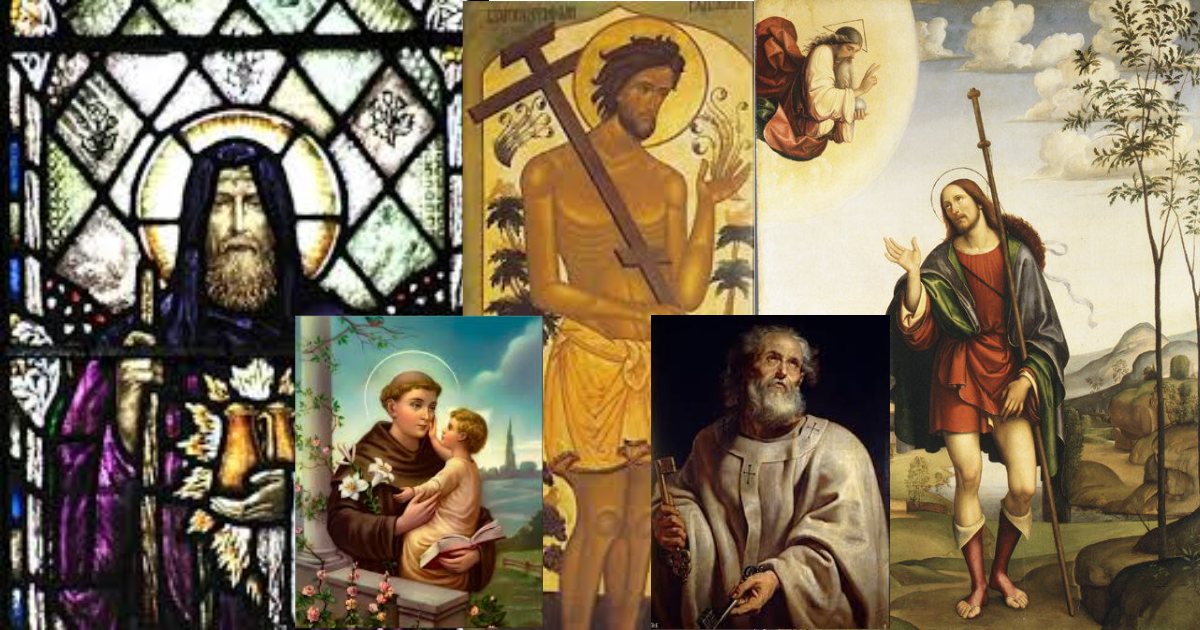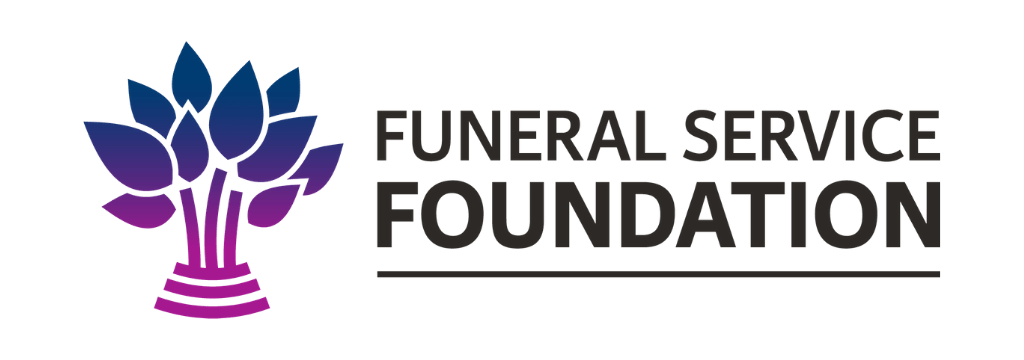Who’s Watching Over Deathcare Workers? Meet the Patron Saints of the Profession
Every job has its heroes. Doctors look up to Hippocrates, firefighters honor St. Florian, and bakers have St. Honoré keeping watch. But did you know that deathcare professionals also have saints watching your backs?
The concept of patron saints — heavenly helpers who protect and work alongside certain individuals, groups, or members of a certain profession — has been a Catholic tradition for centuries. When it comes to occupations, the actions or missions of a saint often guide who is chosen to be their patron.
Considering the emotional, physical, and sometimes spiritual weight of deathcare, it makes sense that funeral directors, cemeterians, and crematory operators would have their own set of protectors. If you haven’t selected your own patron saint of deathcare, luckily, you have five to choose from. Some are obvious choices, others a little surprising, but all carry lessons that resonate with anyone who works in deathcare today.
The First Undertaker: St. Joseph of Arimathea
If funeral directors had a Hall of Fame, St. Joseph of Arimathea would be front and center. His claim to fame? He’s the guy who, according to the Gospels, bravely went to Pilate after the crucifixion and asked for Jesus’s body. He wrapped it in linen, placed it in his own new tomb, and made sure Christ was buried with dignity.
That’s why Joseph is often called the “first undertaker.” He didn’t have a hearse, embalming machine, or casket showroom—but he did have courage and compassion, two traits that remain at the core of the profession. For funeral directors today, he’s the ultimate role model: someone who stepped in during a moment of crisis to make sure the body was treated with honor.
St. Peter: Keeper of the Keys
We usually think of St. Peter as the gatekeeper of heaven, but in some traditions, deathcare workers have looked to him, too. After all, while funeral professionals prepare the body for burial here on Earth, Peter is the one said to swing open the pearly gates. It’s a fitting partnership—one handling the earthly passage, the other handling the eternal.
The Good Thief: St. Dismas
Here’s one you might not expect: St. Dismas, better known as the “Good Thief” who was crucified next to Jesus. In medieval times, burial guilds often prayed to Dismas when they laid to rest the poor, the forgotten, or those who had no family to claim them.
For modern funeral directors, especially those who take on county or pauper cases or care for the growing number of unclaimed, Dismas is a reminder that every life has value. Even in tough circumstances, compassion and dignity matter.
St. Anthony and St. Roch: Helpers in Hard Times
Two other saints sometimes get an honorary mention in the funeral world:
- St. Anthony of Padua, famous for helping people find lost things, was also invoked for the souls of the dead. Funeral guilds used to ask for his help in guiding souls to their final resting place.
- St. Roch, a patron saint of plague victims, became a hero to undertakers during outbreaks. When others fled, undertakers stayed behind, burying the dead at great personal risk. Roch’s story of self-sacrifice resonated with those who saw their work as both dangerous and holy.
Why It Matters Today
Now, most funeral homes don’t keep a shrine to St. Joseph of Arimathea in the prep room. But there’s something powerful about knowing that this profession has sacred roots that go back thousands of years.
The saints tied to deathcare represent courage, guardianship, compassion, remembrance, and sacrifice—the same values funeral directors live out every day. When you’re arranging a service for a grieving family, or making sure a person no one else claimed still gets a proper burial, you’re carrying on the spirit of Joseph, Peter, Dismas, Anthony, and Roch.
In other words, you’re part of a much bigger story. Undertakers, morticians, and funeral directors have always been more than just practical problem-solvers—they’ve been guardians of dignity, guides through grief, and keepers of community memory. And whether or not you believe in saints, it’s hard not to feel a little pride in knowing your profession has heavenly company.




